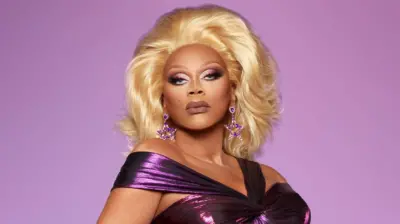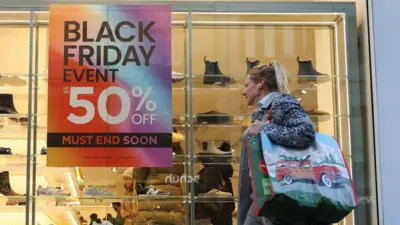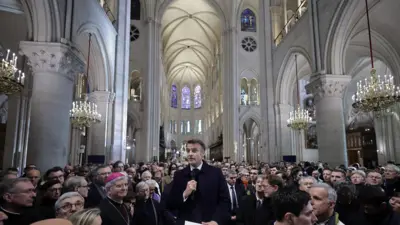We've updated our Privacy and Cookies Policy
We've made some important changes to our Privacy and Cookies Policy and we want you to know what this means for you and your data.
Narendra Modi: UK high commissioner meets Gujarat chief
The UK's high commissioner in India has met Narendra Modi, the chief minister of Gujarat state, ending a 10-year boycott of the controversial leader.
The UK and other Western governments suspended ties with Narendra Modi, after religious riots in 2002.
An estimated 1,000 people were killed, most of them Muslim, three of them British citizens.
Mr Modi was accused of not doing anything to stop the violence, but he has always denied any wrongdoing.
One of India's most prominent politicians, he has been exonerated by several inquiries.
The British government this month changed its policy and said High Commissioner James Bevan would travel to Gujarat.
Close Gujarat ties
Mr Modi has been tipped as a potential future prime minister, partly because of his record of turning his state into one of India's economic powerhouses.
The UK has had no official contact with him since the communal riots in Gujarat because of his alleged complicity in the violence against Muslims, which saw hundreds killed by Hindu nationalists.
Many Britons of Indian descent trace their origins to Gujarat, and London says British interests, such as boosting investment ties, are better served by engagement, not continuing isolation.
Gujarat is one of India's most economically advanced states and many British companies are already investing in it, while others are waiting to, correspondents say.
But human rights groups and relatives of three Britons who were killed in the riots have criticised the meeting.
Top Stories
More to explore
Most read
Content is not available








